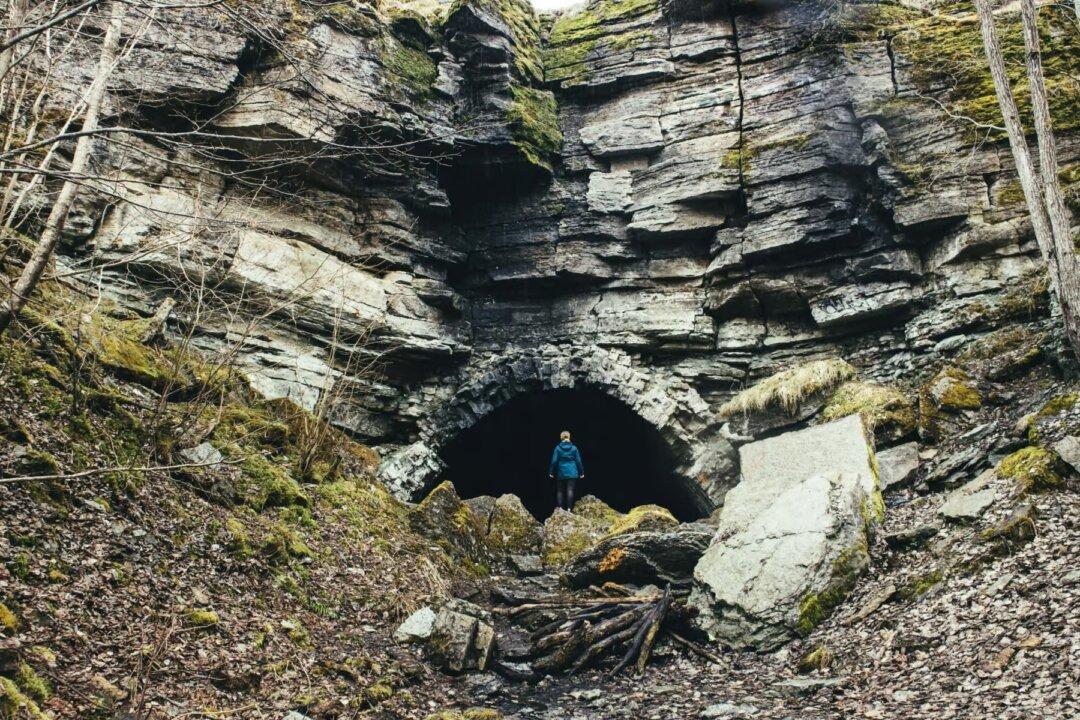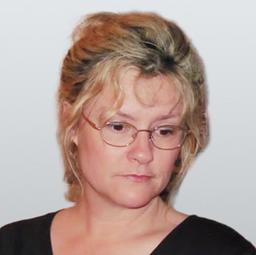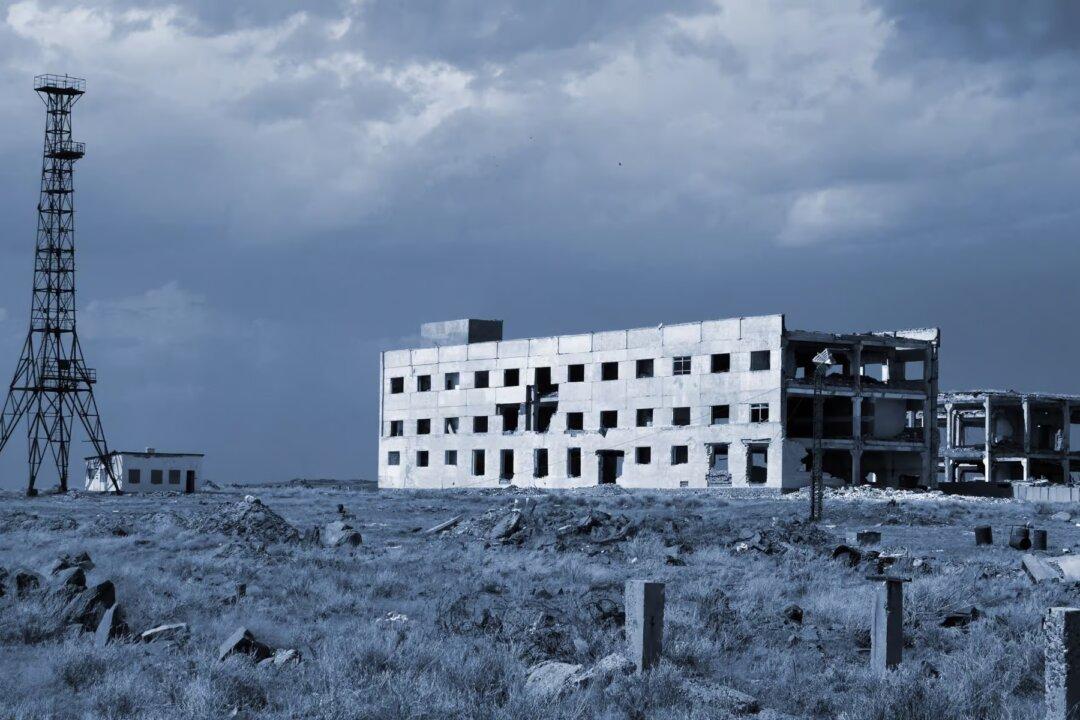Commentary
I am no expert. But when lockdowns descended in March 2020, I immediately sensed something was terribly wrong. A top military officer later characterized the COVID response as “the largest psychological operations campaign waged in our lifetimes.”


